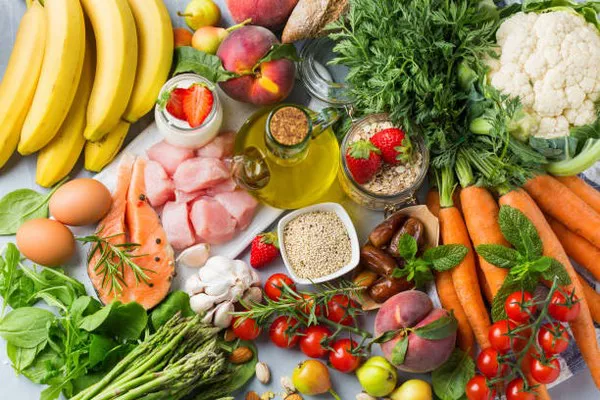Embarking on a weight loss journey requires not only dedication and exercise but also strategic planning when it comes to nutrition. What you stock in your kitchen can greatly impact your progress. Making informed choices at the grocery store is crucial for achieving and maintaining a calorie deficit, which is essential for fat loss. According to Calories.fitss, a popular health and wellness page, there are specific foods you should prioritize to support your fat loss goals. This guide will break down these recommendations into three categories: proteins, healthy fats, and carbohydrates, along with tips for selecting the best snacks and drinks.
Protein: Building Blocks for Fat Loss
Protein is a vital macronutrient for anyone looking to lose weight. It supports muscle repair and growth, which can enhance your metabolism and keep you feeling full longer. Here are some top protein sources you should consider adding to your grocery list:
- Ground Turkey: A lean source of protein that is versatile and easy to cook.
- Lean Ground Beef: Opt for grass-fed varieties if possible for additional nutrients.
- Chicken Breast: Low in fat and high in protein, making it a staple for many weight loss plans.
- Eggs: Packed with high-quality protein and nutrients; consider egg whites for a lower calorie option.
- Tuna: An excellent source of lean protein that is convenient and can be used in various recipes.
- Salmon: Rich in omega-3 fatty acids and protein, beneficial for overall health.
- Greek Yogurt: Offers protein and probiotics; choose low-fat or fat-free options to reduce calorie intake.
- Tofu: A plant-based protein that is great for those on a vegetarian or vegan diet.
- Bison: A lean red meat that provides a rich source of protein.
- Beans: A versatile and plant-based protein source that also offers fiber.
Healthy Fats: Essential for Hormone Regulation
While fats are often avoided in weight loss plans, healthy fats are crucial for maintaining hormonal balance and slowing digestion to keep you feeling satisfied. Here are some recommended sources of healthy fats:
- Avocado: Rich in monounsaturated fats and fiber, avocado helps in maintaining satiety.
- Nuts: Almonds, cashews, pistachios, and others are great for snacking and provide healthy fats.
- Nut Butters: Options like peanut butter and almond butter offer healthy fats but should be consumed in moderation.
- Olive Oil/Avocado Oil: Healthy oils for cooking or dressings, with heart-healthy monounsaturated fats.
- Dark Chocolate: In moderation, it can be a satisfying treat with antioxidants and healthy fats.
- Cheese: Provides fats and protein; opt for lower-fat varieties if watching calories.
- Greek Yogurt with Fat: Adds healthy fats along with protein and probiotics.
Healthy Carbs: Fuel and Satiety
Carbohydrates are an important energy source, and choosing the right ones can prevent cravings and provide essential nutrients. Here are the best carbohydrate sources for weight loss:
- Rice: Both brown and white rice are good options; brown rice has more fiber.
- Potatoes: Sweet potatoes are particularly nutrient-dense, but white potatoes are also fine when prepared healthily.
- Oats: A great source of complex carbohydrates and fiber, perfect for breakfast.
- Lentils: High in protein and fiber, making them a filling carbohydrate choice.
- Fruit: Apples, bananas, watermelon, and berries provide natural sugars and essential vitamins.
- Vegetables: Broccoli, Brussels sprouts, carrots, cauliflower, and bell peppers offer fiber, vitamins, and minerals.
Healthy Snacks and Drinks: Managing Cravings
Snacking can be a challenge when trying to lose weight, but choosing the right snacks can help manage cravings and maintain your calorie goals. Here are some healthy options:
Snacks: Carrot sticks, rice cakes, Greek yogurt, sliced apples, hummus with bell peppers, string cheese, beef jerky, and 100-calorie popcorn bags.
Drinks: Water, sparkling water, flavored sparkling water, coffee, tea, and unsweetened almond or cashew milk.
Conclusion
Incorporating these recommended foods into your diet can help manage hunger, stabilize energy levels, and support effective fat loss. By focusing on whole, nutrient-dense options and making informed choices at the grocery store, you can enhance your weight loss efforts and promote overall health. Remember, the key to successful fat loss is a balanced approach that combines smart eating with regular physical activity.
Related Topic:
What Is The Fastest You Can Lose Weight Safely


